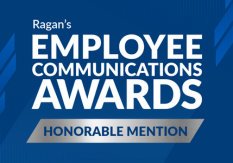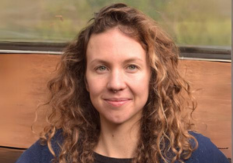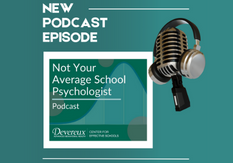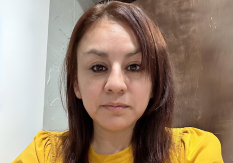|
|
|||||||||||||
Devereux’s Early Childhood Assessment Program turns everyday interactions into lifelong skillsEarly childhood professionals know how important social and emotional health is for young children, but they don’t always know how to teach critical social and emotional skills children need to thrive and succeed. The Devereux Center for Resilient Children’s “Devereux Early Childhood Assessment” (DECA) Program provides teachers and families with a strength-based assessment and planning system designed to promote resilience in children ages four weeks to six-years-old. What is the DECA?As an important component of the overall program, the DECA is a nationally standardized assessment tool that helps teachers understand how students are progressing with respect to three, key social and emotional skills:
Completing the assessment tool (print or online version) takes about five minutes and a separate version is available for infants, toddlers and preschoolers. Once the assessment is complete, teachers can select appropriate strategies based on the results for immediate use. In addition, parents can complete the same tool, allowing teachers and parents to work together - ensuring similar strategies are implemented at both home and school. “The beauty of DECA is that it takes the best of what research tells us children need, and puts it into a practical framework teachers can use in the course of their lesson plans and daily activities,” said Devereux Center for Resilient Children Director Susan Damico. “And the results are clear. Children with specific social and emotional skills are better prepared to wait their turn, listen to the teacher during academic lessons, share with others, and try new and challenging tasks - in or outside of the classroom.” Focusing on child protective factorsDECA assessments not only provide psychometrically-sound measurements, but they reflect “child protective factors” in individuals and/or groups of children, which offset or diminish the effects of risk and adversity. Children with protective factors, such as positive relationships, self-regulation and initiative, tend to be more positive, productive and resilient. The assessments also are used to monitor progress. For instance: DECA can be administered several times within a school year to examine how children respond to particular strategies and the overall program. By understanding children’s response levels, the program can be adjusted to maximize potential and successful outcomes. DECA takes teaching to the next levelIn an easy and simplified method, DECA shows teachers how to use ordinary opportunities throughout the day - such as drop-off, meal time, or small group activities - as skill-building or “teachable” moments. “When teachers learn they don’t need to do ‘more’ but, rather, learn how to think differently about their routines and lessons, they feel empowered,” Susan added. “They see implementing the DECA Program is possible, that it makes their day to day teaching experience better, that children can learn social and emotional skills, and that they truly can make a difference in the life of every child in their care. To learn more, visit the Devereux Center for Resilient Children’s website. About Devereux Advanced Behavioral HealthDevereux Advanced Behavioral Health is one of the largest and most advanced behavioral healthcare organizations in the country. We serve as a national nonprofit partner for individuals, families, schools and communities, serving many of the most vulnerable members of our society in areas of autism, intellectual and developmental disabilities, specialty mental health, and foster care. Learn about Devereux Advanced Behavioral Health.
Latest News
|
|||||||||||||
- Home
- About Us
- Advanced Philosophy of Care
- Mission, Values and Service
- Our Commitment to Safety
- Our History
- Senior Leadership Team
- Devereux Board of Trustees
- Annual Reports
- Devereux in the News
- Diversity, Equity, Inclusion and Belonging
- Recognizing Our Employees
- Celebrating Our Devereux Families
- Sharing Messages of Hope
- Who We Help
- Locations
- Supporting Devereux
- Training and Consulting
- Careers









